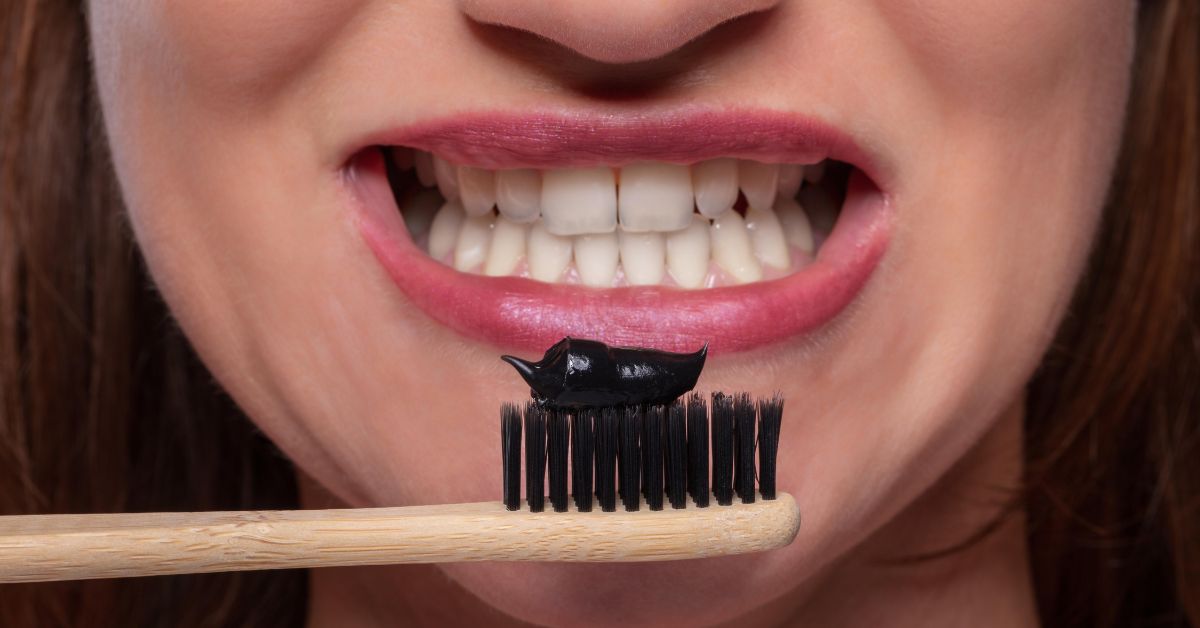A black tooth can be a concerning and unsightly issue for anyone. Whether caused by decay, trauma, or internal damage, it’s natural to worry about the possibilities of saving or restoring the tooth. But can a black tooth be saved? The answer isn’t always straightforward and depends on various factors such as the tooth’s condition, the underlying cause of the discoloration, and the timing of treatment. In this article, we will explore all the details surrounding this question, including the potential treatments available to preserve a black tooth and restore your smile.
Can a Black Tooth Be Saved? Understanding the Causes of Tooth Discoloration
To understand whether a black tooth can be saved, it’s crucial to first identify the cause of the discoloration. There are several reasons why a tooth might turn black, and the ability to save the tooth depends on the extent of the damage.
1. Tooth Decay
Tooth decay is one of the most common causes of a black tooth. The bacterial breakdown of enamel and dentin results in a darkening of the tooth. If the decay hasn’t reached the pulp, there may still be a chance to restore the tooth with fillings or root canal therapy.
2. Trauma or Injury
A tooth that has been injured, especially one that has experienced a fracture, can become darkened over time due to internal bleeding or damage to the pulp. In such cases, it’s often possible to save the tooth through root canal treatment and cosmetic procedures.
3. Poor Oral Hygiene
Plaque and tartar build-up can lead to staining, which may eventually result in a black tooth if left untreated. Professional cleaning and proper oral hygiene may prevent further damage and restore the tooth’s appearance.
Can a Black Tooth Be Saved? Treatment Options Explained
Now that we’ve identified potential causes, let’s dive into the different treatment options available to save a black tooth.
1. Root Canal Treatment
If a black tooth is the result of internal damage or decay that has affected the tooth’s pulp, a root canal treatment might be necessary. During this procedure, the infected pulp is removed, and the tooth is sealed to prevent further damage. Afterward, a crown may be placed on the tooth for added strength and aesthetic improvement.
2. Fillings and Crowns
For minor decay or staining, fillings and crowns can be used to restore the tooth’s structure and appearance. Composite fillings are a popular choice as they blend seamlessly with the natural tooth color, making them less noticeable than silver or amalgam fillings.
3. Whitening and Bleaching Treatments
If the blackness is due to staining rather than decay or trauma, whitening treatments might be sufficient. Professional whitening or bleaching can help brighten the tooth and improve its appearance. However, it’s essential to consult a dentist to ensure this approach is suitable for your situation.
4. Veneers
For a more cosmetic solution, veneers can be applied to a blackened tooth. Veneers are thin, custom-made shells that cover the front surface of the tooth, improving both its appearance and functionality.
Can a Black Tooth Be Saved? How to Prevent Further Damage
While treatment options are available to save a black tooth, prevention is always better than cure. Proper oral hygiene and regular visits to your dentist can significantly reduce the likelihood of developing a black tooth.
1. Maintain Good Oral Hygiene
Brush your teeth twice daily, floss regularly, and use an antibacterial mouthwash to eliminate plaque buildup. This will help prevent decay and staining, keeping your teeth healthy and bright.
2. Avoid Foods and Drinks That Stain
Limit your consumption of foods and beverages that can cause staining, such as coffee, red wine, and berries. If you do consume these items, be sure to brush your teeth afterward.
3. Wear a Mouthguard if Necessary
If you participate in contact sports, wearing a mouthguard can protect your teeth from injury and trauma, reducing the risk of darkened teeth from trauma.
Expert Opinions on Saving a Black Tooth
According to dental professionals, it’s crucial to address a black tooth promptly to increase the chances of saving it. Delaying treatment can lead to further damage and potential tooth loss.
Consult a Dentist for Early Diagnosis
It’s always a good idea to seek professional advice as soon as you notice a tooth turning black. Dentists can accurately diagnose the cause of the discoloration and recommend the best course of action.
Timely Treatment Is Key
The earlier you address the issue, the more likely it is that your tooth can be saved. In many cases, waiting too long can lead to irreversible damage and the need for extraction.
FAQs:
1. Can a black tooth be fixed without a root canal?
Yes, if the tooth has only minor decay or staining, treatments like fillings, whitening, or crowns may be enough to restore its appearance without the need for a root canal.
2. How long does it take to save a black tooth?
The time required depends on the type of treatment needed. A root canal may take one to two visits, while a cosmetic procedure like veneers might take longer.
3. What are the risks of not treating a black tooth?
Ignoring a black tooth can lead to further decay, infection, and eventually tooth loss. It’s essential to seek dental care as soon as possible to prevent these complications.
4. Can a black tooth be saved with at-home treatments?
At-home treatments such as whitening toothpaste may help with surface stains, but more severe cases of discoloration or decay will require professional treatment from a dentist.
5. Is it too late if my tooth is already black?
Not necessarily. Many black teeth can still be saved with the right dental treatments. The key is early intervention to prevent further damage.
Conclusion
In conclusion, whether or not a black tooth can be saved depends on several factors, including the cause of the discoloration, the extent of the damage, and how early you seek treatment. From root canals and fillings to cosmetic procedures like veneers, there are several options available to restore both the function and aesthetics of a blackened tooth. Remember, the key to saving your tooth is to act quickly and consult a dentist as soon as possible.



